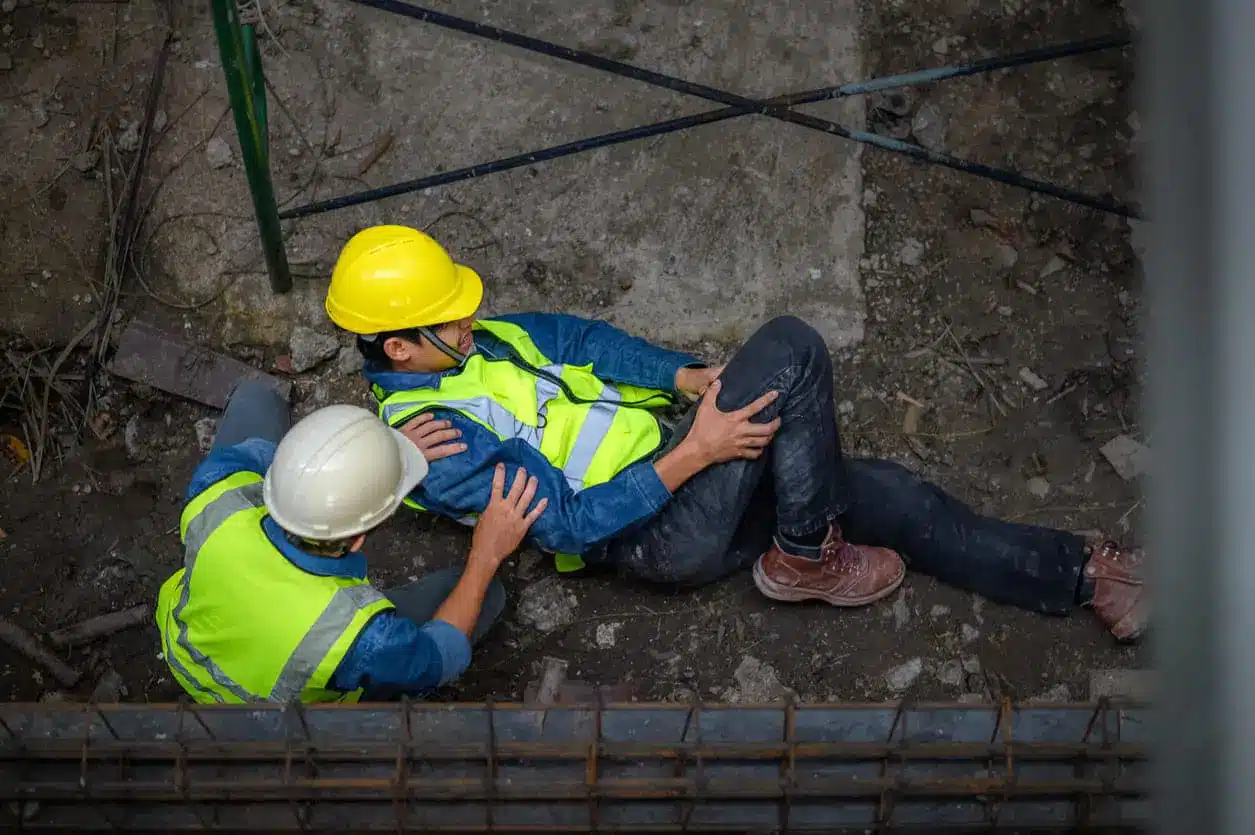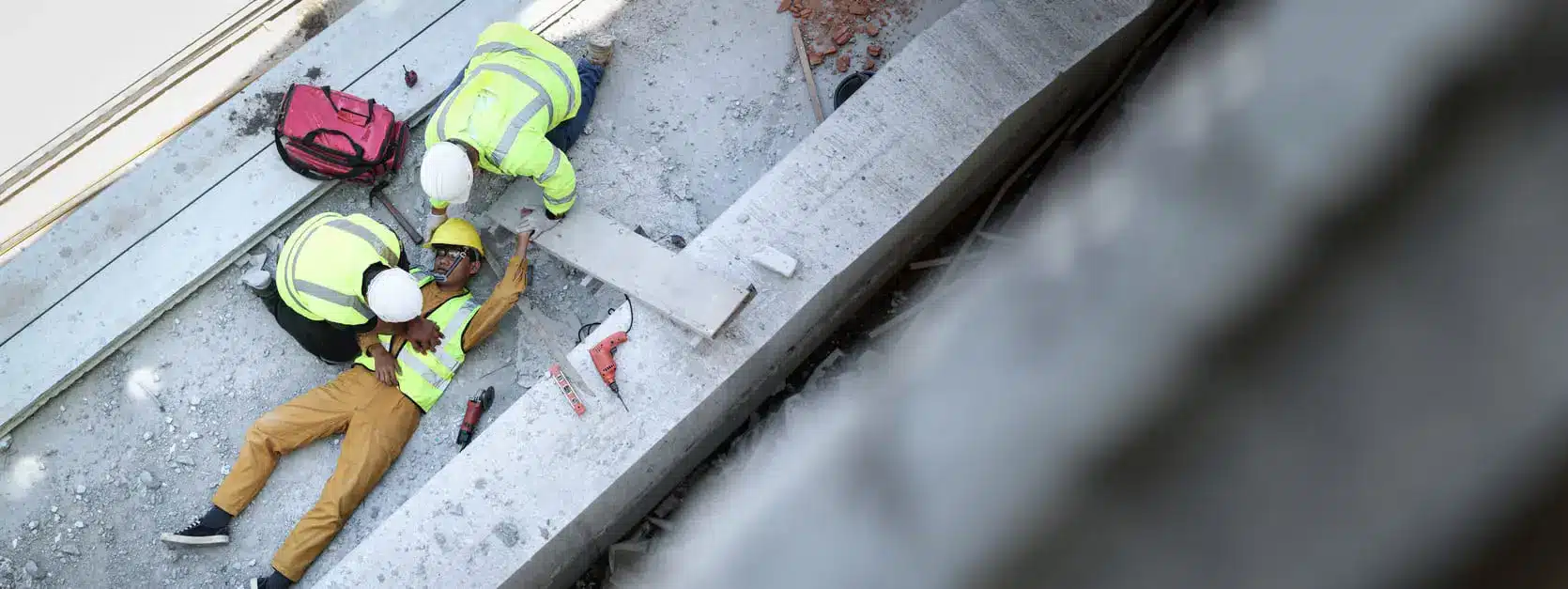Like all personal injury cases, those involving construction accidents require proof in order to be successful. New York is well-known for Labor Law §240(1), otherwise known as the “Scaffold Law”, which imposes absolute liability upon certain owners and contractors in favor of construction workers injured due to gravity related accidents. That accident might involve a worker falling from a height, or an object falling from a height and injuring a worker. While Labor Law §240(1) promotes worker safety, an injured worker must still prove entitlement to relief under the statute. As defense attorneys and their clients often remind the courts, not every fall from a ladder meets the standards necessary to impose §240(1) liability.
How Can a Defendant Bring Fault Upon a Construction Worker?
The typical “240” case involves a worker’s fall from a ladder or scaffold and the argument that the fall resulted from the inadequacy of that safety device. The worker’s own negligence is not an available defense to the owner or contractor. The only defense which is available is proof that the worker had been instructed to use a safety device – such as a harness, for instance – and failed to do so for no good reason, thus applying the “recalcitrant worker” defense, or that the worker’s own actions were the “sole proximate cause” of the accident.
Since the above defenses are all that are available, defense counsel will naturally take steps to apply these defenses. One argument in favor might be that a worker was instructed to use a certain scaffold or safety line, but failed to do so, or that a worker jumped from a scaffold rather than use an available ladder as a means of descent.
Obviously, the injured worker will testify at the time of trial, but since construction workers often work in groups, it is very likely that others will have either witnessed the accident itself, or at least the events leading up to the accident. Given the stakes involved – construction accidents can result in very serious or even catastrophic injuries with accompanying large settlements or jury verdicts – the accident investigation can be critical for either side. That investigation should always include speaking to the injured party’s coworkers.
What Makes a Construction Accident Witness Reliable?

The coworkers will often know the most practical and important information: what, if any safety devices were provided; the instructions issued regarding a particular safety device; what the workers were told regarding equipment to use; what condition a particular safety device was in when the job started; how those safety devices were used.
If at all; the injured party’s actions; whether the workers were instructed to use a provided safety device; and exactly how the construction accident occurred. Talking to the coworkers immediately or at least very soon after an accident, when memories are fresh and that worker is best able to recall precise details, can be the difference between winning and losing a case.
The coworkers can be asked to sign Affidavits in order to memorialize their version of events close in time to the occurrence. Those same witnesses are often deposed during “Discovery”. If a coworker should have a memory lapse – or change his testimony after speaking to an investigator sent by an adversary – that sworn Affidavit can be used to refresh the witness’ recollection, or, if necessary, to impeach that witness’ subsequent contradictory testimony.
Does A Witness’s Statement Eventually Make it to Settlement or Trial?
The question of Labor Law §240(1) liability is often decided prior to trial; each party will move for “Summary Judgment”, asking that the Court grant judgment in its favor as a matter of law. That process, however, might not occur until years after the date of accident. By that time, while a coworker will recall that an accident occurred, he is less likely to maintain a firm recollection concerning the important details necessary to prove that worker’s entitlement to the protections of Labor Law §240(1). Obtaining a witness’ Affidavit close in time to the accident can obviate the risk of a lapsed memory.
Construction accidents are among the most fiercely contested and litigated personal injury cases in New York. Each side will typically spend thousands of dollars on liability and damages experts such as engineers, doctors, economists, and life care planners, all of which are necessary to prove or defend a case. But don’t forget the obvious: the most important witnesses of all are probably the easiest and least expensive to access. Speaking to the injured party’s coworkers just might be the most significant investigation step taken by either side.
Michael L. Taub is a Partner in The Platta Law Firm, PLLC in New York City. He has been a member of the New York Bar for over 39 years.





